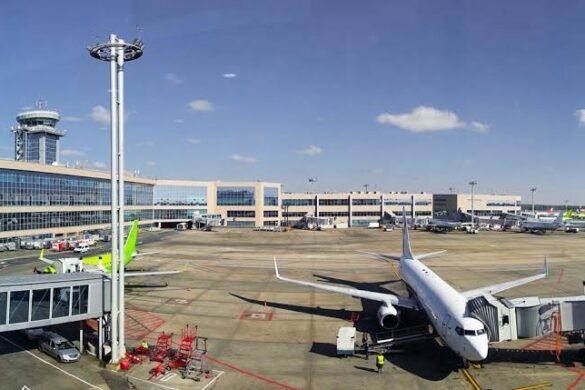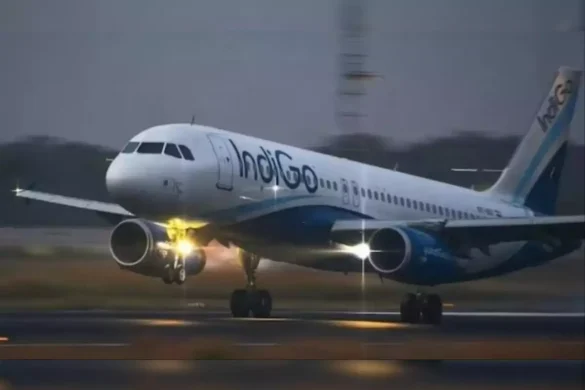Akasa Air, a newcomer in India’s aviation industry, has issued a stern warning regarding the potential consequences of not increasing the number of seats allocated under bilateral rights agreements. The airline’s statement underscores the critical importance of addressing capacity constraints to avoid skyrocketing airfares and ensure sustainable growth in the sector.
As India’s aviation market continues to expand rapidly, driven by a burgeoning middle class and increasing disposable income, the demand for air travel has surged. However, capacity constraints, particularly in key international markets, threaten to stifle this growth and lead to a sharp increase in airfares.
Under bilateral rights agreements, countries negotiate the number of seats that airlines from each country can operate on designated routes. These agreements play a crucial role in facilitating air connectivity and fostering economic ties between nations. However, the current allocation of seats on some routes may not be sufficient to meet growing demand, leading to a supply-demand imbalance and driving up ticket prices.
Akasa Air’s warning comes at a time when the Indian aviation industry is grappling with the aftermath of the COVID-19 pandemic, which has resulted in unprecedented financial losses and forced many airlines to scale back operations. As airlines strive to recover from the impact of the pandemic and capitalize on pent-up demand for air travel, the need for additional capacity becomes increasingly urgent.
The airline industry plays a vital role in driving economic growth and facilitating business and tourism activities. However, without adequate capacity to accommodate growing demand, the industry risks missing out on opportunities for expansion and revenue generation. Moreover, high airfares resulting from capacity constraints could deter travelers, negatively impacting both airlines and the broader economy.
To address these challenges, Akasa Air has called for a review of bilateral rights agreements to ensure they reflect current market realities and support the long-term growth of the aviation sector. This includes increasing the number of seats allocated to Indian carriers on key international routes, particularly to popular destinations in Europe, the Middle East, and Southeast Asia.
In addition to bilateral negotiations, Akasa Air has emphasized the importance of investing in infrastructure and streamlining regulatory processes to enhance the efficiency of airport operations and airspace management. By modernizing infrastructure and adopting best practices in air traffic management, India can unlock additional capacity and improve the overall passenger experience.
Furthermore, Akasa Air has called for greater collaboration between airlines, government authorities, and industry stakeholders to develop holistic strategies for addressing capacity constraints and promoting sustainable growth in the aviation sector. This includes exploring opportunities for code-sharing, alliance partnerships, and route optimization to maximize the utilization of existing capacity.
In conclusion, Akasa Air’s warning serves as a timely reminder of the urgent need to address capacity constraints in India’s aviation sector. By increasing the number of seats allocated under bilateral rights agreements and investing in infrastructure and regulatory reforms, India can unlock the full potential of its aviation market and ensure affordable and accessible air travel for all.


